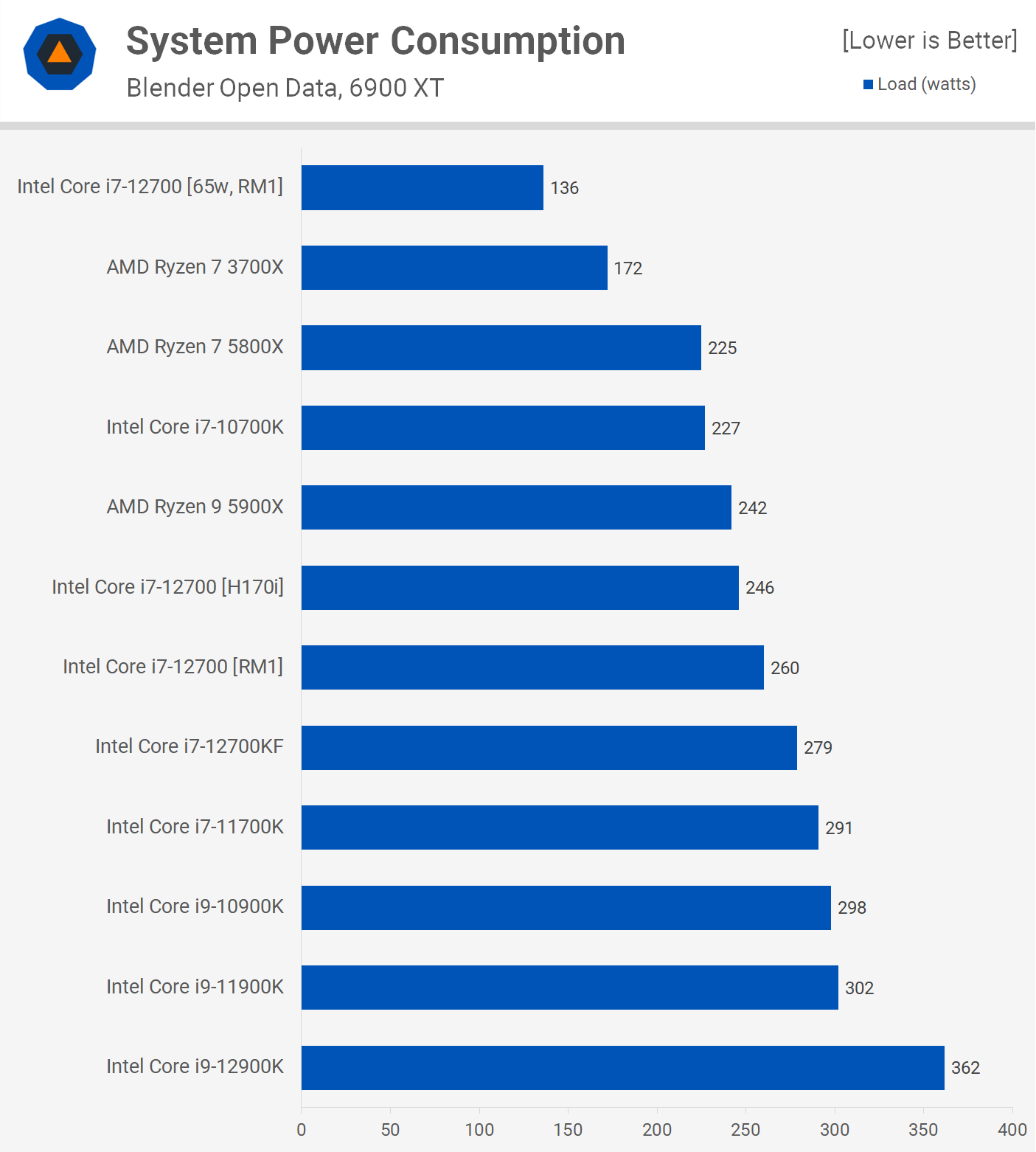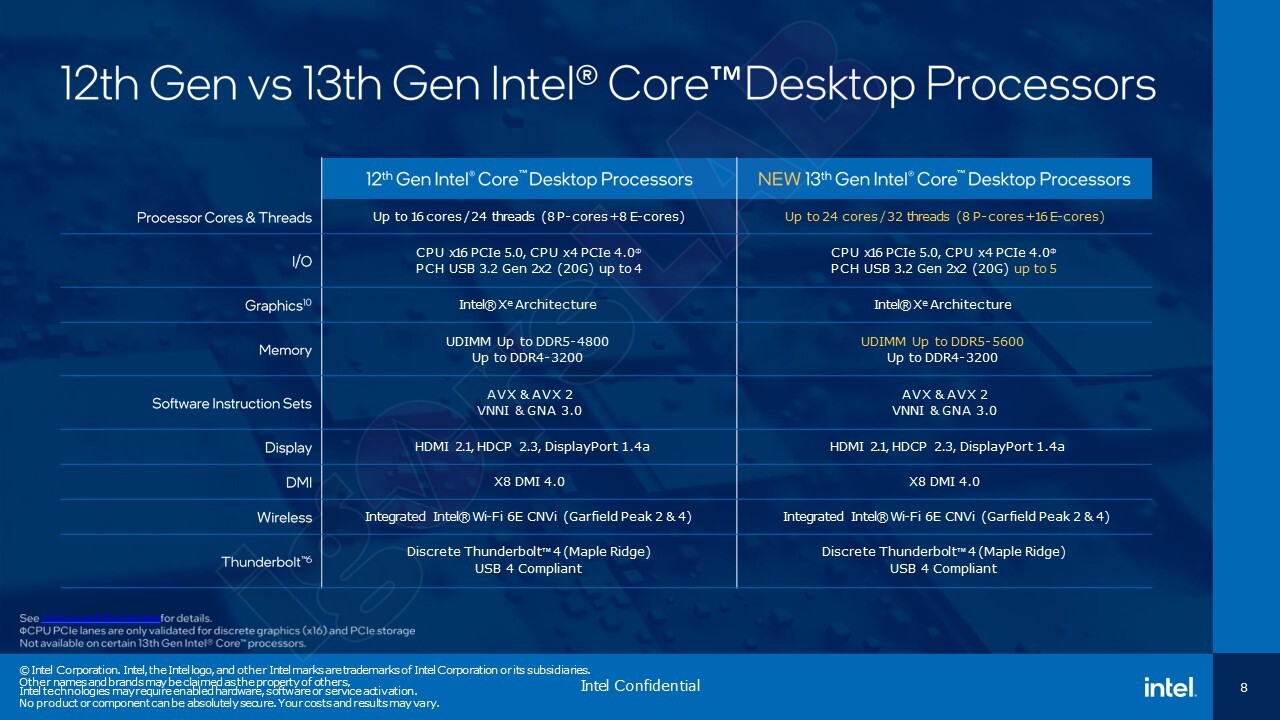Indeed.
The good news is, Tomshardware expects DDR5 7200 MT/s 'inexpensive 32GB UDIMMs for client PCs' by late 2023. Link here:
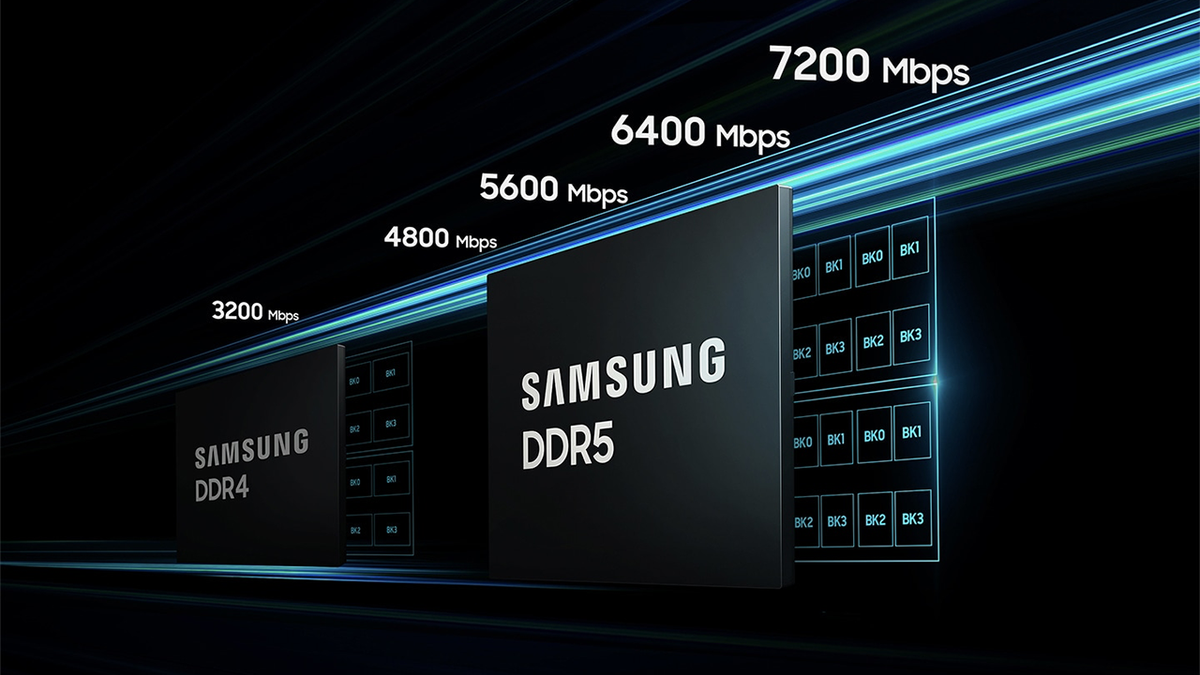
 www.tomshardware.com
www.tomshardware.com
With speeds above 7200 MT/s at some point in 2025.
The good news is, Tomshardware expects DDR5 7200 MT/s 'inexpensive 32GB UDIMMs for client PCs' by late 2023. Link here:

Samsung: 1TB DDR5 RAM in 2024, DDR5-7200 in 2025
Samsung plans to introduce 32Gb DDR5 memory chips in early 2023 and 1TB memory modules in 2024.
With speeds above 7200 MT/s at some point in 2025.


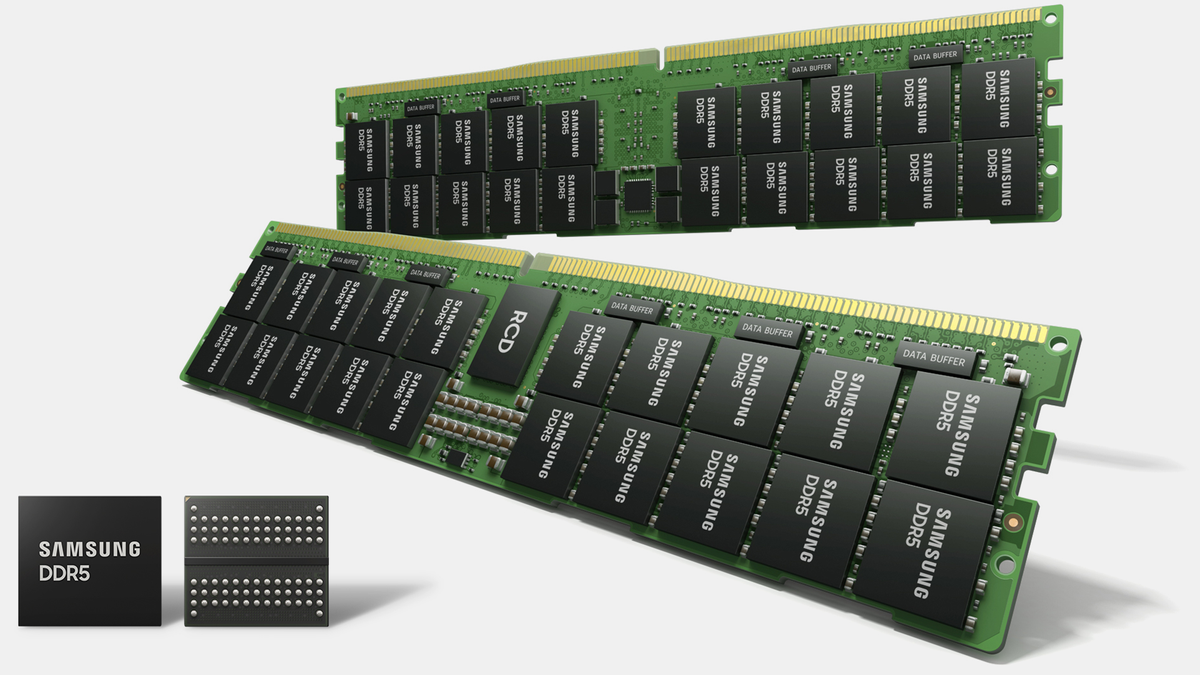
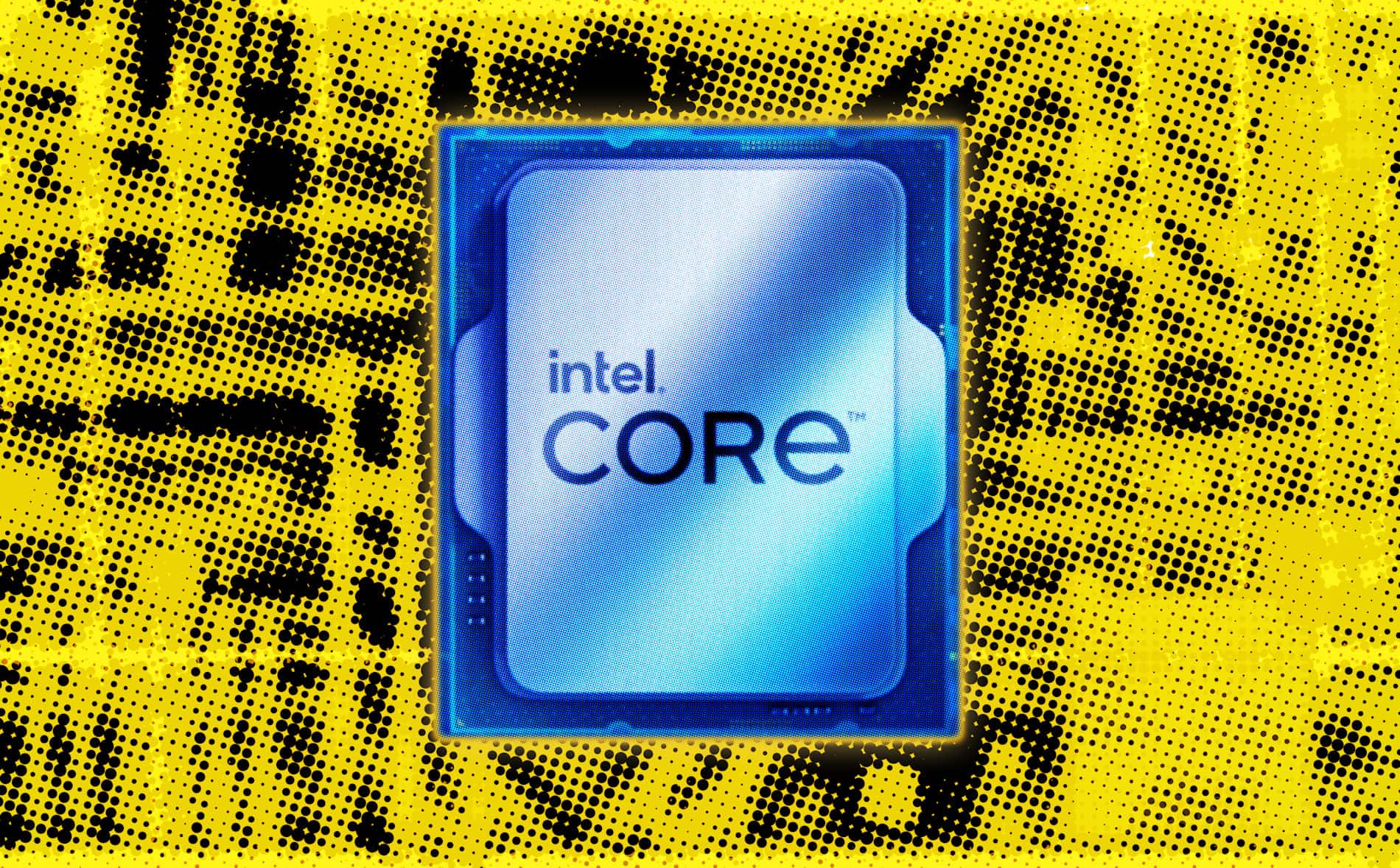
 (as above).
(as above).